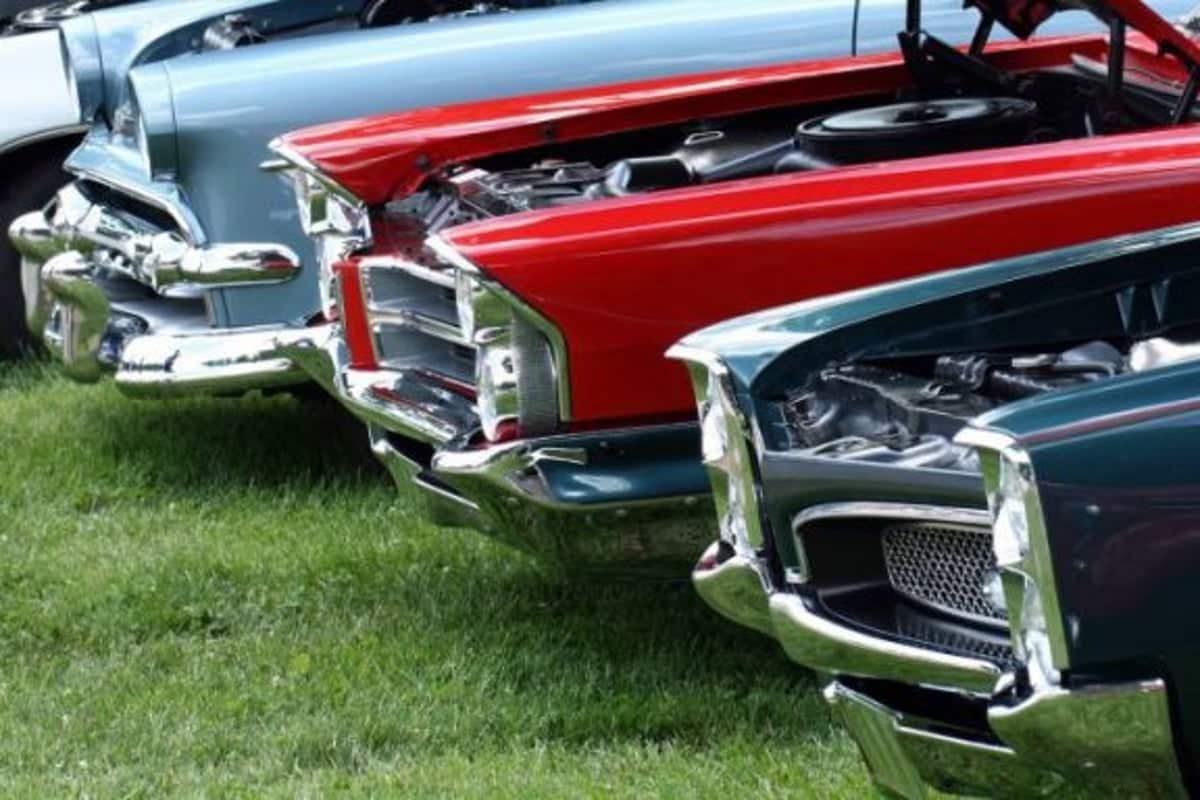In the intricate and often electrifying world of investments, classic cars emerge as a fascinating asset class that captivates both avid enthusiasts and astute investors. The allure of gleaming chrome and the rumble of vintage engines are not the only reasons these automotive treasures are sought after. Classic cars embody an investment avenue where passion meets profit, promising potential for value appreciation over time. Yet, like any investment, they come with their own set of challenges and considerations.
Are Classic Cars a Good Investment?
The question of whether classic cars stand as a sound investment hinges on several factors. These vehicles, celebrated for their craftsmanship, history, and rarity, have proven to appreciate in value, especially when properly maintained and carefully selected. The essence of scarcity frequently propels the value of classic cars upward, as availability diminishes and demand remains steady or increases. However, prospective investors must acknowledge that like all tangible assets, classic cars require ongoing care, and their market can exhibit volatility.
This investment class beckons those with a knack for due diligence and a genuineness in their affinity toward vintage automotive marvels. The journey of investing in classic cars is as much about cherishing the vehicle’s history and cultural significance as it is about financial returns. The rich, tactile experience of owning a classic car, combined with the potential for appreciation, makes it a distinctive choice among diverse investment portfolios.
How to Invest in Classic Cars: An Overview
1. Research and Education
Embarking on the classic car investment journey begins with arming oneself with knowledge. Understanding the historical significance, rarity, and desirability of various makes and models lays the groundwork for making informed decisions. Prospective investors should immerse themselves in the classic car community, leveraging car shows, literature, and online forums to glean insights from seasoned collectors and experts.
2. Set a Budget and Define Your Goals
Classic car investing necessitates a clear financial roadmap. It is crucial to delineate a budget that not only caters to the initial purchase but also accommodates ongoing maintenance, insurance, and storage costs. Defining whether the pursuit is driven by sheer passion, financial gain, or a blend of both will guide investment choices and expectations.
3. Choose Wisely
With a well-defined aim and budget, selecting the right classic car becomes the next critical step. Consider factors such as authenticity, originality, and documented history, which play pivotal roles in a vehicle’s valuation and appeal. Engaging with specialists and leveraging provenance checks can aid in making astute selections.
4. Maintenance and Storage
The condition of a classic car directly influences its value, making professional maintenance and appropriate storage paramount. Investing in climate-controlled environments and regular upkeep by skilled professionals helps preserve the car’s allure and worth over time.
5. Patience and Long-term Approach
Viewing classic car investments through a long-term lens is essential. Market trends can fluctuate, and while some models may see swift appreciations, others might mature in value more gradually. Patience, coupled with a passion for the asset class, often reaps the most rewarding experiences and financial outcomes.
Investing in Classic Cars: Main Things to Consider
The domain of classic car investments extends beyond local borders, presenting both domestic and global opportunities. Engaging in the international classic car scene can open doors to unique finds and broaden market perspectives. However, investors should navigate this landscape with an understanding of tax implications and other financial considerations, seeking advice from dedicated professionals to manage the intricacies associated with vintage automobile investments effectively.
Membership in classic car clubs and active participation in the collector community can prove invaluable. These platforms offer a conduit for knowledge exchange, networking, and fostering relationships with fellow aficionados, enriching the overall investment journey.
Is Investing in Classic Cars a Good Idea?
In conclusion, classic car investing presents a unique blend of emotional and financial rewards. It attracts individuals with a genuine appreciation for vintage automobiles and an eye for detail, who are prepared to engage deeply with the market. As with any specialized investment, it underscores the importance of research, expertise, and patience. For those willing to navigate its challenges, classic car investing offers a distinctive alternative to traditional asset classes, blending the joy of ownership with the potential for economic gain.
